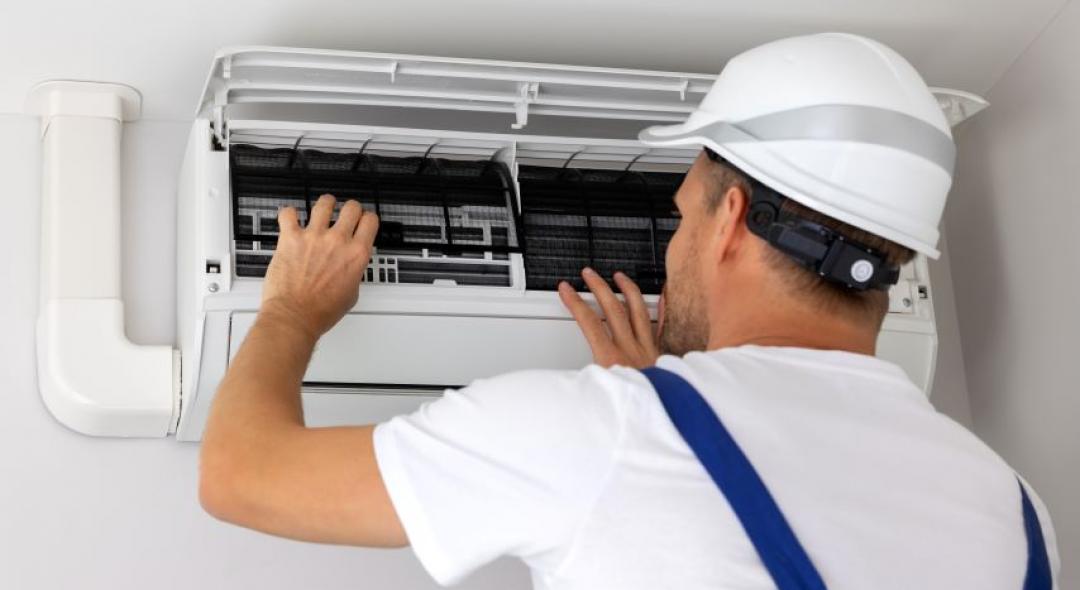Countertops have a wide range of possible material types, but one that is a little old-school and quite underrated are tile countertops. They have notable downsides we’ll discuss in a moment, but they also have great advantages not present in any other countertop type, giving them a lot of potential that shouldn’t go unnoticed.
Tile countertops offer tons of visual variety – perhaps more than any other countertop material. They are cheap to install and easy enough for DIY, which can save you some money if that’s one of your goals. On top of that, they’re heat resistant, so placing hot pans on top of them is not a problem.
Today, let’s dive deeper into the pros and cons of tile countertops, along with the cost and some maintenance tips to ensure they last a long time!
“The person who can bring the spirit of laughter into a room is indeed blessed. – Bennett Cerf
Pros of tile countertops

Visual variety. One of the greatest selling points for countertop tiles is the absurd amount of visual variety available, even at a low price point. Tiles have many sizes, colors, patterns, and materials – though ceramic and porcelain tiles are the most common. Tile countertop ideas are plentiful so you’ll have tons of options!
Heat resistant. Though tiles can stain and chip (we’ll talk more about it below) they are extremely heat resistant. For the purposes of placing hot pans on them you should have no problems!
Maintenance is easy. Thought maintenance is certainly required, it’s not difficult and can be performed by yourself with no problems.
Easy to replace. As mentioned before, tiles are prone to chipping and staining in some cases, but they’re also much easier to replace than most other countertops. Because there are individual tiles, it’s easy enough to replace just one or a few of them without having to replace your entire countertop.
DIY installation is doable. If the possibility of doing it yourself appeals to you, you’ll be happy to find that tile countertop installation isn’t the most difficult. Assuming you’ve had any prior experience with tiles in the past, it won’t be much different, but on the same vein tile countertops experts are quite affordable.
Cons of tile countertops

Can chip and break with impact. Ceramic tiles in particular are heat resistant and not so bad when it comes to chipping due to impact, but it can still happen. It’s not that common to hit something on your countertop with enough strength to cause this, but accidents can happen!
Grout is susceptible to stains and bacteria. The tiles themselves won’t give you any trouble when it comes to stains, but the grout is the part that needs attention. Grout is porous, which means it can absorb liquids and either stain or make room for mold growth. The best way to prevent this is by sealing your grout regularly and cleaning it often, especially if any substances that might stain happened to spill over.
Maintenance is frequent. Resealing your grout to make sure it doesn’t stain, along with replacing the odd chipped tile every now and then, maintenance might be a little more frequent than other countertop types. Still fairly easy and cheap, worth noting, but more frequent.
How much do tile countertops cost?

Tile countertops are some of the cheapest types on the market, since you can pay as low as $1 per square foot. Obviously that’s the low end, but for better quality and more visually varied options, you can still get as low as $10 per square foot which isn’t that much, considering the small area that countertops usually cover.
Maintenance tips

If you’re wondering what kind of maintenance to expect once the installation is done, let’s break it down:
Wipe your spills immediately. Tiles are hard to stain for the most part, but the grout is the exact opposite. So clean any spills as quickly as possible before they’re absorbed!
Reseal your grout at least once a year. This is a protective measure to ensure your grout lasts longer and is generally safe against liquids it could absorb, preventing mold and mildew growth.
Clean thoroughly after use. The best way to ensure longevity is to clean your tile countertop after every use, as this helps in preventing stains. Wipe it promptly with a sponge or washcloth and only use a kitchen cleaning spray to remove grease when necessary. Avoid abrasive commercial cleaners, as these can chew on the sheen from porcelain and ceramic tiles.
Want to install a tile countertop in your kitchen? Get free quotes from tile countertop pros in your area today!
MORE FROM HOMEYOU
How To Make Sure Your Countertops Always Look Brand New
How To Organize the Kitchen for Easier Cooking and Flow
How To Remodel Your Kitchen: From Planning to Execution
